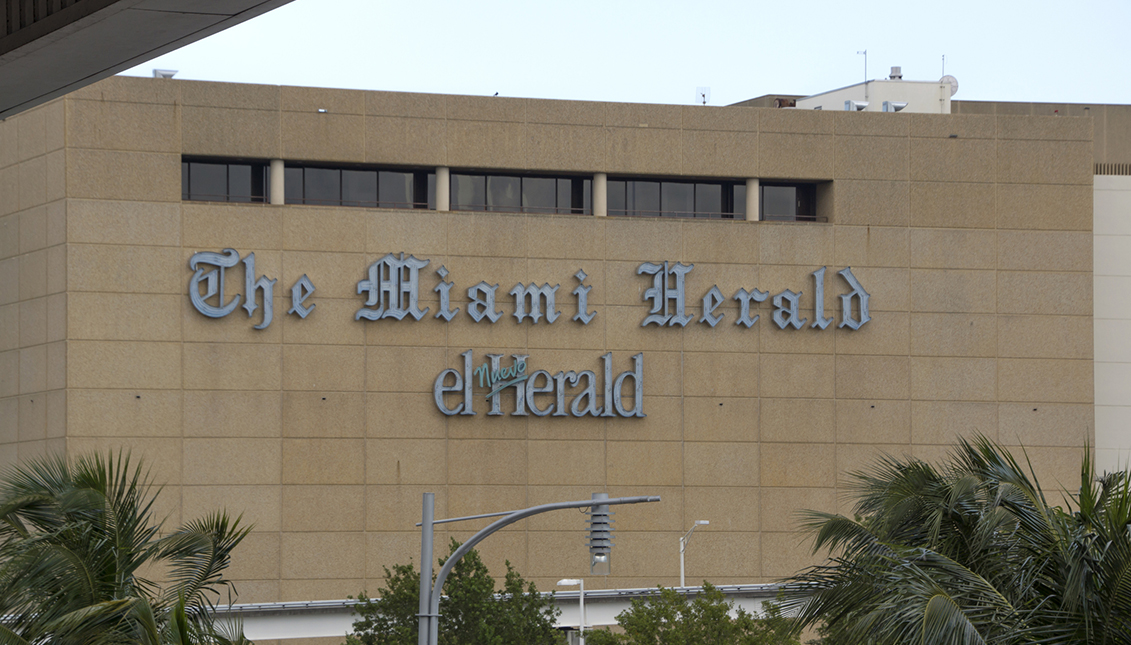
A Return to McClatchy: Crisis in local journalism jeopardizes democracy
About 20% of all U.S. newspapers have closed since 2004, according to a recent PEN America report.
Debts that stifle the media, especially print media, are part of the problem. And like the vultures hovering over rotting meat, there are those who know how to make good use of it.
Last February, the McClatchy Company, which publishes as many as 29 newspaper titles in 14 states and is the second largest newspaper chain in the country, announced a it was filing for bankruptcy. Under Chapter 11 approval, it would seek a pension restructuring plan for the more than $700 million in debt it has been carrying for years.
The news comes as some of its local papers, such as the Miami Herald and The Kansas City Star, struggle to stay afloat in the hyper-competitive digital landscape. Now, after more than 163 years of control by the same family, everything seems to be pointing towarda a change in ownership:
Chatham Asset Management, the hedge fund that owns the National Enquirer and Canada's largest newspaper chain, Postmedia, could control all of McClatchy's mastheads, including those like the Miami Herald, that have a large Latino readership.
On Monday, Judge Michael E. Wiles of the U.S. Bankruptcy Court in the Southern District of New York approved the motions of McClatchy's lawyers to pay both employees and their suppliers to keep the presses running.
But the hardest part remains. This Friday, the focus will be on whether Chatham Asset and the publisher can finally agree on getting rid of at least 55% of their debt to become a new private company. If they don't, McClatchy will go on sale.
So, you say, what does this mean for me?
For all intents and purposes, their newsrooms are still in use. But the terms of the agreement between the publishing group and its creditors can be problematic.
An article published by the Nieman Lab sheds light on the thorny issue:
RELATED CONTENT
On the one hand, for director, Joshua Benton, everything seems to lean towards more spending cuts and a reduction in staff "for one of the biggest players in local journalism at a time when most newsrooms are struggling to cover their communities," he wrote. Moreover, in the event that no agreement is reached, the legal battle could drag on for a long time.
Chatham, which has expressed its commitment to preserving independent journalism and jobs, has, says Benton, "other connections to the news business that sound a little less high"
It owns American Media Inc., which in turn controls the National Enquirer, a tabloid that jumped on the bandwagon during the last election campaign when then-candidate Donald Trump offered a sum of money to its director and king of the American tabloids, David Pecker, to cover up his affair with a former Playboy model, according to newspapers like The Wall Street Journal.
Pecker was also involved, according to Benton, in the hacking of Jeff Bezos' phone and has a "questionable" relationship with the Saudis. He's also put out many "fires" for his good friend Trump, whom he visited in 2017 accompanied by Chatham Asset founder and director Anthony Melchiorre, then a historic Republican supporter and big time investor.
And here comes the bomb.
Joshua Benton recalls that the $3.9 billion hedge fund, Chatham Asset, launched a "financial lifeline" to American Media two years before Trump's presidential promotion and took 80%. Who's to say they're not doing the same with McClatchy? It's how Melchiorre has managed to get into more traditional and local media, even in Canada, where he controls 66% of Postmedia Networks and was defined by a rival newspaper as "a cancer in Canadian journalism."
Who or what will end the crisis in journalism? Can companies with a real interest in informing their readers stand firm without the support of a large volume of subscribers — something that newspapers like The New York Times have achieved? And, above all, what happens when a shark fund takes over a company with three dozen local titles, among them, some popular with Latinas like the Nuevo Herald?
Can we continue to be a pluralistic country at a time when information is gold and gold is only in a few hands?











LEAVE A COMMENT:
Join the discussion! Leave a comment.